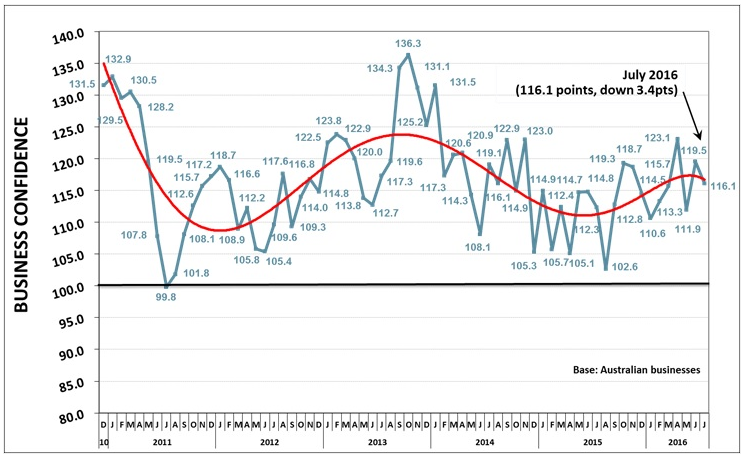Can your established small business adapt to change or is it time to move on?
Many of my clients are facing rapid change in their businesses due to the deflationary forces of globalisation, labour market challenges and technological change. It doesn’t help that consumers are demanding high quality products and services at ever lower prices and trying to meet that need is squeezing margins and slowing growth in many industries.
 Digital disruption has also played a role as people buy more products and services online. Entire sectors like the taxi and hotel industries have been transformed by the likes of Uber and Airbnb in a few short years and it’s unlikely to stop there. Even those of us who provide highly qualified, high-touch services like accounting, legal advice or health services face consumers with greater access to information than ever before. This leads some to take a DIY approach to aspects of life that really need careful planning and professional expertise.
Digital disruption has also played a role as people buy more products and services online. Entire sectors like the taxi and hotel industries have been transformed by the likes of Uber and Airbnb in a few short years and it’s unlikely to stop there. Even those of us who provide highly qualified, high-touch services like accounting, legal advice or health services face consumers with greater access to information than ever before. This leads some to take a DIY approach to aspects of life that really need careful planning and professional expertise.
In the second of our eight-part series, we examine key questions business owners should consider to tackle changing markets and keep their future plans on track.
How can I adapt to market challenges?
How can I slow down and work less?
How do I know if my business is saleable?

How early should I start planning my exit strategy?
Succession planning is a complex exercise requiring significant financial and legal planning. Every situation is unique, and careful consideration must be given to preserving and transferring the wealth. The best results come from a bespoke succession plan. We have devised a number of unique plans that are working exceptionally well.



